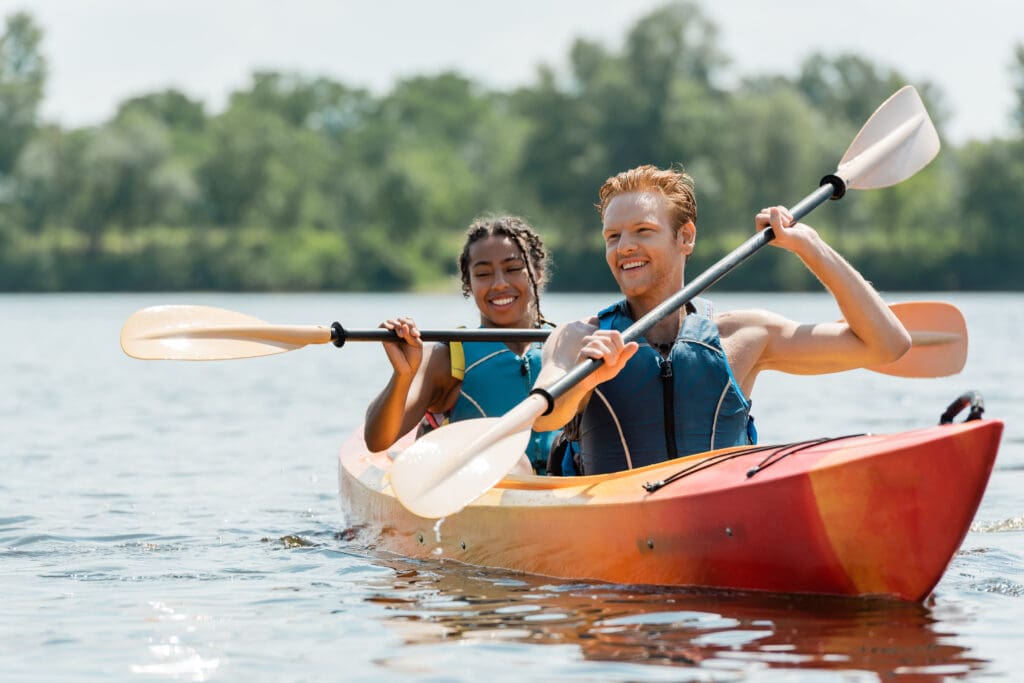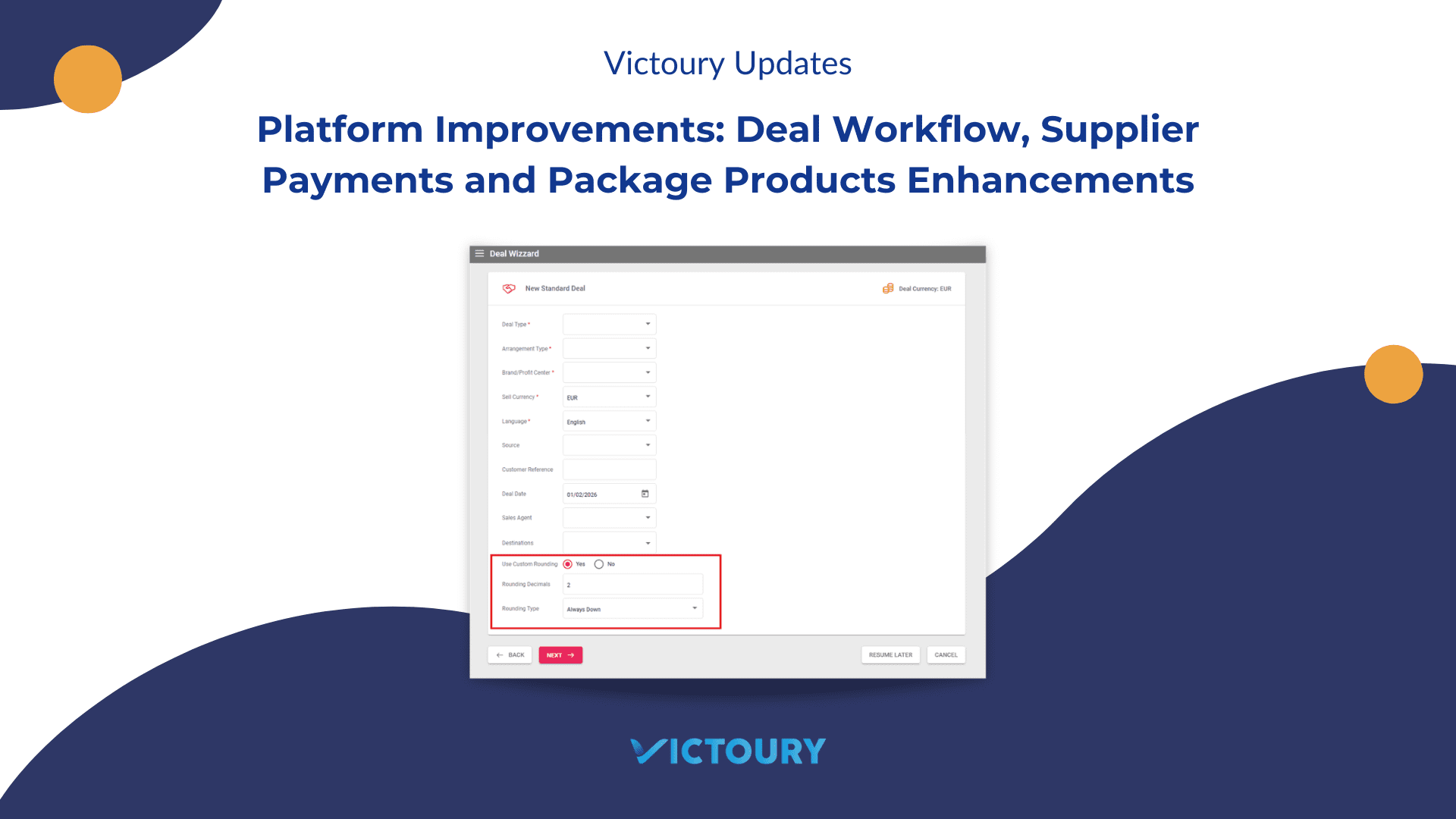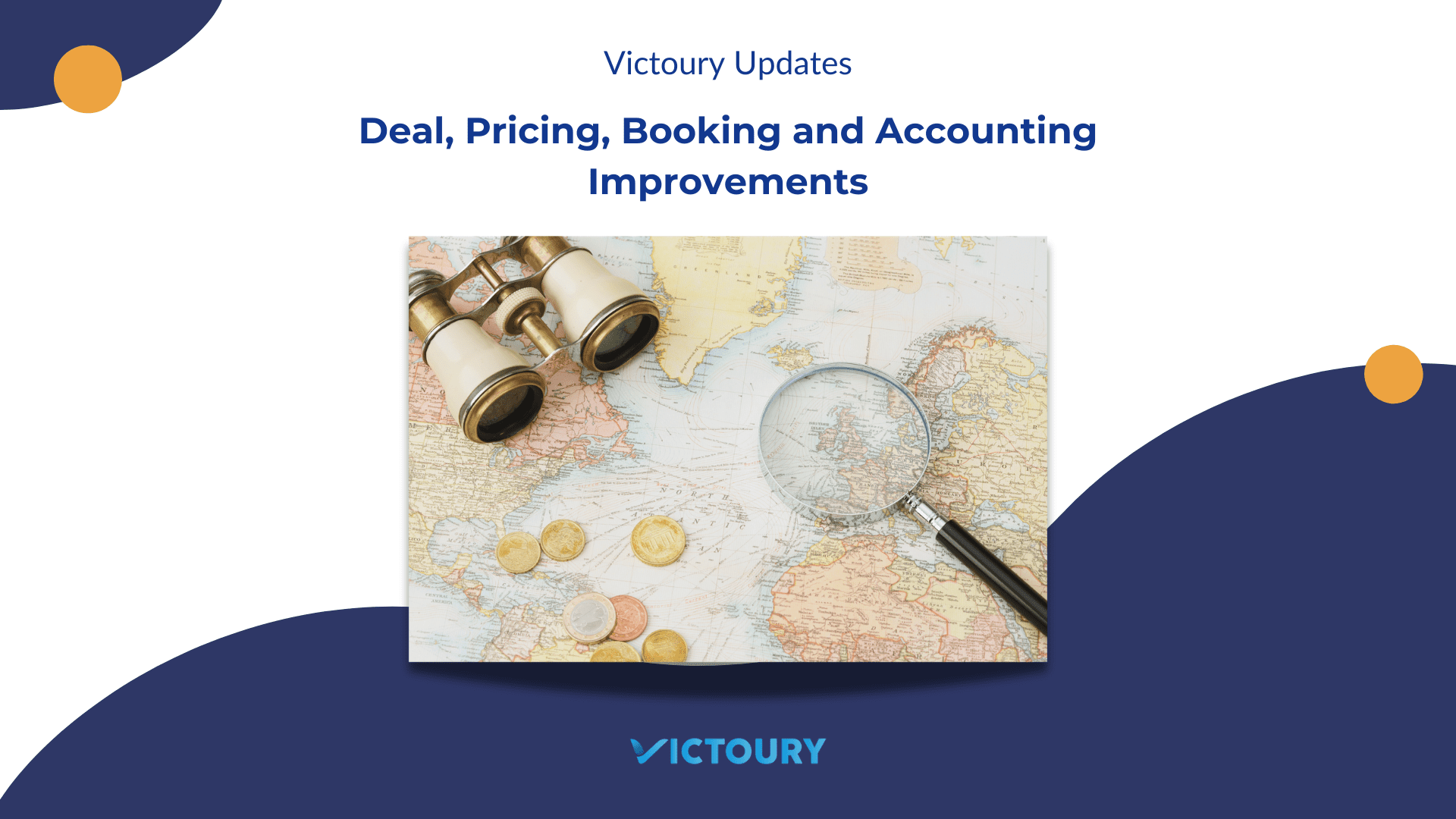Get discovered by more travelers and turn clicks into bookings with the right tools.
In an industry as competitive as travel, simply offering amazing tours isn’t enough. People have to find you first when there are countless options for tours.
That’s where SEO (Search Engine Optimization) comes in. When done right, SEO helps your tours appear higher in search results, brings more qualified visitors to your website, and ultimately boosts bookings, all without paying for ads that can end up being costly.
SEO can be overwhelming if you’re not sure where to start, especially when you’re juggling your travel business’s operations, customer communication, itinerary planning, and more.
These 10 practical SEO tips will help make your tours easier to find and show you how a platform like Victoury can make it simpler to implement.
1. Use the Right Keywords for Your Audience
Before anything else, you need to understand how travelers search for experiences like yours. Instead of targeting broad terms like “Italy tour,” try specific keywords like “truffle hunting tour in Tuscany” or “3-day family-friendly hiking trip in the Dolomites.”
The right keywords can bring you closer to your target audience and boost your booking rate. However, make sure to only use the keywords that are relevant to your travel offers. If you are offering food tours in Spain, then it wouldn’t be a good idea to add keywords like “safari tour in Africa”.
Use free tools like the following to find relevant keywords for your unique business:
- Google Keyword Planner https://ads.google.com/home/tools/keyword-planner/
- Ubersuggest https://neilpatel.com/ubersuggest/
- AnswerThePublic https://answerthepublic.com
With Victoury: Operators can connect their website to Victoury, enabling product listing, booking, and travel forms that send the information in their Victoury account. Each tour product has its own customizable title and description fields. You can easily include target keywords where they matter most.
2. Create Unique, Helpful Tour Descriptions
Google loves original content, and so do travelers. Avoid reusing the same descriptions for similar tours. Instead, highlight what’s different, special, or local about each one. Another important point for tour descriptions is painting a picture for the person reading it. By the second line of text, they should imagine themselves on that tour already.
Your descriptions should answer:
- What’s included and not included?
- Who is it for?
- Why should they choose your tour?
The language of your description matters as well. If you notice that a large part of your travelers speaks a specific language, then you might want to add descriptions and keywords in that language to increase the chance for travelers to book with you.
With Victoury: You can manage detailed, individual listings with multilingual support, meaning your content can reach and convert international audiences.
3. Optimize Your Page Titles and Meta Descriptions
These are the first things users see in search results. A compelling, keyword-rich title and meta description can make the difference between getting clicked or overlooked. Generally, Meta Titles should have a maximum of 50-60 characters, and Meta Descriptions under 155-160 characters.
Example:
Title: “Sunset Kayak Tour in Dubrovnik | Coastal Adventures Croatia”
Meta: “Paddle through hidden sea caves and watch the sun dip below the Adriatic. Small groups, local guides, unforgettable views.”
With Victoury: The platform allows you to customize SEO fields for each product, ensuring you can control exactly what appears in Google search results.

4. Add Alt Text to Your Images
Search engines can’t “see” photos, but they can read the descriptions behind them. That’s why adding relevant alt text to your tour images helps with SEO (and accessibility). This is also a great part to add keywords to, however, it’s good practice to avoid adding the same keyword to all your images especially if the keywords aren’t relevant to the image.
An example of good alt text:
“Guests on a kayak tour in Dubrovnik at sunset, paddling past cliffs.”
With Victoury: You can upload and manage images for each tour and add metadata that helps boost your image SEO.
5. Make Your Website Mobile-Optimized
More than half of all travel-related searches and bookings happen on mobile. Recent trends show that people are relying more and more on mobile devices, according to Semrush (https://www.semrush.com/blog/mobile-vs-desktop-usage/). If your site is slow, glitchy, or unreadable on smaller screens, Google will penalize it, and users will bounce.
It’s best to keep optimizing your website regularly with feedback from people who never interacted with your website before. There are numerous tools for tracking user behaviour like HotJar and Clarity, and some website builder platforms even have their own tool for tracking. Another idea is asking a friend, relative, or employee to check out your website if they haven’t seen it before or in a while. Observe their behaviour, where they get stuck or frustrated, and what they gloss over. This is all valuable insight into where you can implement improvements.
6. Get More Reviews (and Respond to Them)
Reviews are a strong trust signat not only for potential guests, but for Google as well. The more positive (and recent) your reviews, the better your visibility in local and organic results.
Some ideas to remind your travelers to leave a review are:
- Offering an incentive like a discount or special offer
- Make it easy to leave a review by sending direct links or adding qr codes on tour materials they might get
- Send a couple of emails after their trip kindly requesting their feedback
It’s important to send several reminders to increase the chances that travelers leave a review.
With Victoury: Set up automatic emails or templates for emails to be sent post-travel and ask for reviews.
7. Start a Blog to Build Top-of-Funnel Traffic
Not every visitor is ready to book today, but if you can answer their questions early, they’ll remember you when they are. If you consistently show up in their search results, there are higher chances they will book with you when the time comes. Make sure to use images to keep readers engaged.
Example blog ideas:
- “Best Time of Year to Visit Slovenia for Outdoor Tours”
- “What to Pack for a Summer Hike in the Alps”
- “Top 5 Hidden Gems in [Your Region] Most Tourists Miss”

8. Get Local Links & Listings
Local SEO is powerful. List your business with your local tourism board, get featured in regional travel blogs, or exchange links with other tour providers (as long as it’s natural). Having external links on your website is also beneficial if they aren’t overused.
Google favors businesses with active and accurate:
- Google Business Profiles
- TripAdvisor pages
- Local directory listings
With a Google business page for your travel business, you’ll also show up in people’s searches in the map section if your location is near them.
9. Track What’s Working (and What Isn’t)
SEO is never “done.” You need to track traffic, rankings, and conversions to see what brings results and where to improve. It’s a good practice to have regular website audits and use a tracking tool to get insight into what can be optimized further.
Travelers’ questions and searches also change with time, so it’s important to look up search trends regularly.
10. Add FAQs to Your Tour Pages
FAQs help address common customer concerns and Google loves them. They can even appear as “rich results” in search (those drop-downs you see under some listings). To get an FAQ started, make a list of the questions you receive from your leads and travelers and answer them in one or two paragraphs. Then, think of what else people could ask that can also be a Google search.
Example:
Q: What should I bring on the kayaking tour?
A: If you’re embarking on a kayaking tour in Italy, we recommend bringing swimwear, water shoes, sunscreen, and a waterproof phone case.
Bringing It All Together
The best part about SEO is that the results compound over time. The sooner you start, the more bookings you’ll earn passively while your competitors rely on paid ads and hope for the best.
With the right tour operator software like Victoury, you’re not just managing your tours and other business resources. You’re also building a search-optimized, conversion-focused experience for travelers and streamlining it all behind the scenes. A travel management software like Victoury also saves you time, which you can invest in optimizing SEO and online marketing.
Want to make your tours easier to find, book, and manage?
Talk to us about how Victoury can support your growth.




